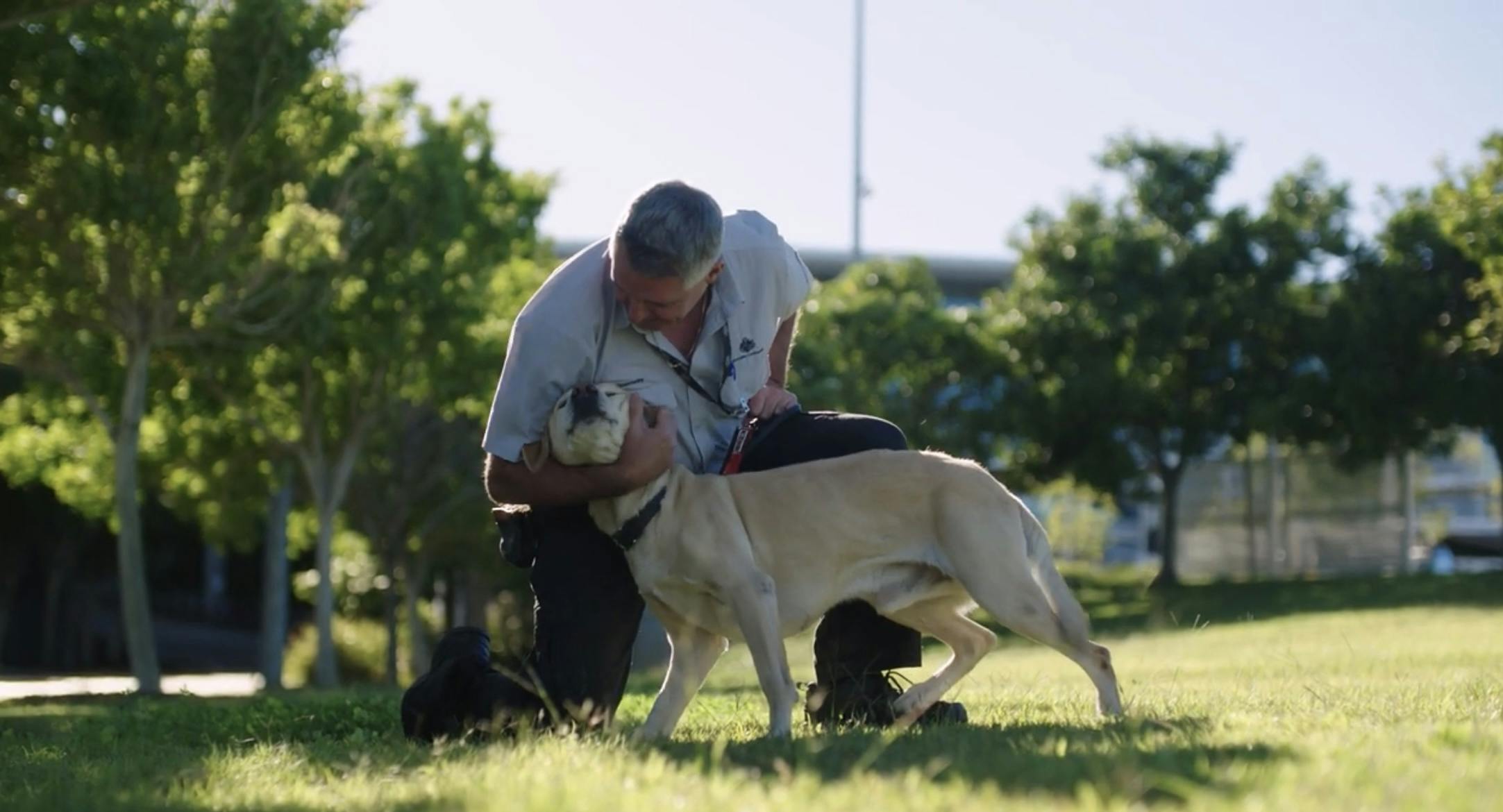
Best Appliances in Australia for 2025
Choosing appliances for your home is about so much more than ticking a box for function. It’s about selecting products that suit your lifestyle, offer long lasting reliability, and bring refined[...]

Australia’s frontline detector dog program remains at 42 strong after detector dog Velvet retired and new graduate Finlay joined the ranks.
First Assistant Secretary of Biosecurity Operations at the Department of Agriculture, Water and the Environment Colin Hunter said detector dogs and their handlers are a vital part of Australia’s biosecurity detection capabilities, intercepting tens of thousands of biosecurity risk items each year.
“Detector dogs play an important role in ensuring biosecurity compliance of travellers and are key to finding difficult to detect biosecurity risk,” Mr Hunter said.
“We continue to have 42 detector dogs deployed nationally to sniff out biosecurity threats through the traveller, mail, and cargo pathways.
“Detector dog Velvet retired from active duty in November 2021. Velvet predominantly worked in Sydney, with short periods of deployment in Melbourne and Brisbane. Velvet had 2,600 actionable biosecurity seizures in her career, including fruit, vegetables, meat, seeds and eggs, and was the first detector dog to successfully detect a live Brown Marmorated Stink Bug.
“Velvet has retired to a loving home, has settled in nicely with the rest of her new pack and now enjoys long walks on the beach.
“The most recent graduate, Finlay, completed his novice detector dog training in January. Following a brief deployment in the mail, traveller and cargo environments in Brisbane, he is now on his way to Sydney to continue sniffing out biosecurity threats. At only two years old Finlay is very energetic. At his graduation he preferred to play tug of war with his hat rather than wear it, showing everyone his playful side.
“With the return of international travel, detector dog teams around the country are ready to meet the increased demand for screening.”
For more information on Australia’s detector dogs visit agriculture.gov.au/detector-dogs.

Choosing appliances for your home is about so much more than ticking a box for function. It’s about selecting products that suit your lifestyle, offer long lasting reliability, and bring refined[...]

An Australian navy vessel has inadvertently caused widespread disruption to internet and radio services across parts of New Zealand’s North and South Islands this week. The incident happened early[...]

When it comes to sourcing premium quality meats, not all butchers are created equal. We’ve reviewed some of the most popular and highly regarded butcheries Sydney-wide, assessing them on product[...]

When it comes to choosing fine jewellery, not all jewellers are created equal. From exquisite engagement rings to rare timepieces and one of a kind bespoke creations, Sydney’s luxury jewellery[...]